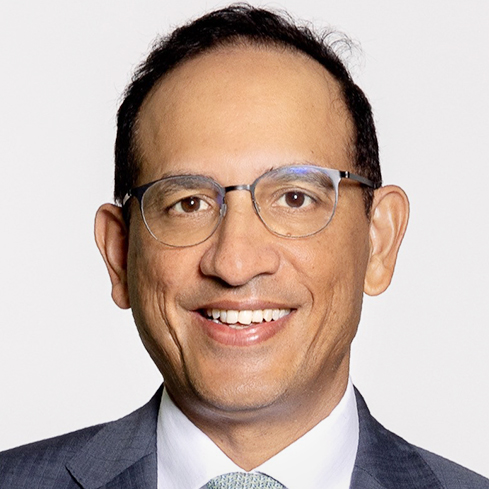 |
|
| Ithurbide: Favouring low growth in a recessionary world |
Amundi Asset Management’s asset allocation strategy is based on a world in reflation but with slow growth and low inflation in the real economy.
The chances of reflation, an economic policy that stimulates growth by increasing money supply through monetary tools such as quantitative easing (QE), happening in 2015 has a probability of 65%, according to Amundi. This is based on a scenario that involves eliminating the output gap between the Eurozone and the US through a downward revision of potential growth.
“The Eurozone remains vulnerable with obstacles to economic growth. The growth scenario is positive in the US, but market valuation and the impact of exchange rates on profits play to Europe’s favour. The scenario we favour is one where we have a combination of low growth in a recessionary world,” says Amundi chief economist Philippe Ithurbide.
Amundi remains prudent on the immediate effectiveness of the European Central Bank’s (ECB) QE programme on the Eurozone’s economic growth, on bond yields and spreads.
Under this market environment, short-term rates are expected to remain low with the potential for modest interest rates hikes in the future. Long-term rates are also seen to be low and the yield curve will be either flat or not very steep. In line with this outlook, Amundi is overweight in corporate bonds.
“Corporate bonds are sensitive to interest rate levels so we recommend maintaining carry strategies that lead towards lower ratings, favouring duration and high yield, and the European market over the US market,” Ithurbide adds.
On the prospect for equities, the QE in Europe is expected to push a rally for European equities. Its implementation will result in a depreciation of the euro which should be positive for equities.
“The depreciation of the euro is one of the key factors to our central scenario. As a rule of thumb, when the euro depreciates by 10%, equities rise by 12.5% and it is purely mechanical. We do not need an increase in growth and business. Of course, there are questions on the capacity of the euro to depreciate further,” Ithurbide notes.
On asset allocation, Amundi’s strategies – assume a favourable market reaction to the implementation of the QE – remain the following: short in euro against the US dollar; long on peripheral government bonds; long duration on core government bonds; long on corporate bonds and long on Eurozone equities.
In Asia, Amundi sees equities delivering a return of around 10% in 2015 on a combination of moderate earnings growth, supportive valuations and dividend yields, offsetting a headwind of modestly depreciating Asian currencies.
 |
|
| Goldfeld |
“Although such an outcome is below the historical norm for the current growth phase of the market cycle, if you take into account the low level of inflation and interest rates, in real terms a 10% gain is a decent rate of return and well above the performance of the past four years,” says Leon Goldfeld, director of investment at Amundi Hong Kong.
Asian equities markets delivered a modest total return in 2014 of 4.8% in US dollar terms. This was in line with global developed markets but over 18% higher than other emerging market regions. The average return over the past four years has only been 2.2% per annum, with all of the return accounted for by dividends as market prices have actually declined slightly since 2010.
Corporate revenue growth in Asia should be broadly in line with nominal GDP expansion of at least 5%, similar to the expansion rate in 2014. Slower growth in China should be offset by better performances in India, Korea and some of the Asean markets.
The fundamentals for the region are relatively stable. But longer term, the key regional risk for Asia is a hard economic landing in China given the credit- fuelled, investment-led economic model.
“However, as the Chinese government fully recognizes this risk and is proceeding with reforms to rebalance the economy, at this stage we would not rate a hard landing as a high probability outcome. We assess that the domestic sourced risks and vulnerabilities are at low to moderate levels. The main local risks stem from government mismanagement of policies and reforms,” Goldfeld says.


.jpg)


.jpg)
.jpg)


